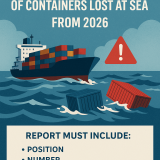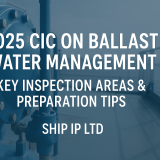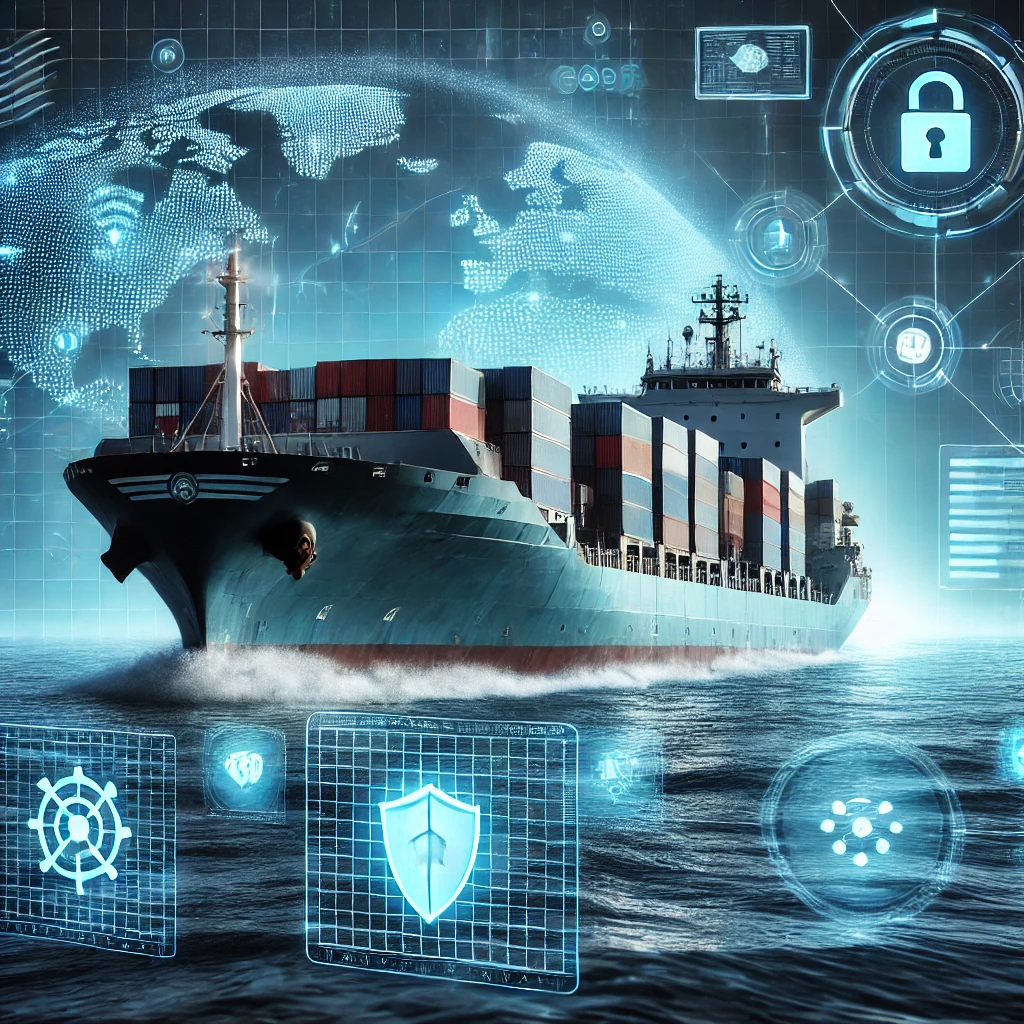EGERSUND, Norway and LONDON, Aug. 27, 2020 /PRNewswire/ — NAVTOR, the leading provider in navigational software for the maritime industry, today announced that it has received a majority growth investment from Accel-KKR, a leading global software-focused investment firm headquartered in Silicon Valley.
The investment also marks Accel-KKR’s 42nd completed investment in the EMEA region since 2013 when it established a European headquarters, making Accel-KKR one of the most active software private equity firms in Europe and specifically, Scandinavia. It also marks Accel-KKR’s 15th completed investment globally since the second half of March 2020.
NAVTOR is the world’s leader in cloud-based e-navigation solutions including Electronic Navigational Charts (ENCs), digital maritime publications, route optimization and fleet management across an integrated platform – effectively providing all critical voyage information at the fingertips of navigators and solving the complex challenges of passage planning. The global maritime e-navigational industry is on a multi-year technological expansion in large part due to new regulations, an increased focus on safety and ESG goals and advances in technology.
“The entire NAVTOR team is very excited to work with Accel-KKR in our continued momentum as a leader in the e-navigational space,” said Tor Svanes, CEO and Founder of NAVTOR. “Through a relentless focus on serving the needs of commercial seafaring fleet managers and navigators, we have built a superior technological offering with an industry-leading reputation for customer service and support. We look forward to writing NAVTOR’s next chapter together with the AKKR team.”
Børge Hetland, Chief Commercial Officer and Co-Founder of NAVTOR added, “With Accel-KKR’s backing, we see tremendous opportunities to take NAVTOR to the forefront of our industry, and to further serve our customers with a total ship operations platform – from navigation excellence to fleet optimization and crew performance. Specifically, we are very excited to be working with Accel-KKR given their breadth of software-specific and M&A capabilities to accelerate NAVTOR ‘s top-line growth.”
“The sheer size of the global maritime industry and the continuing digitization of fleets bode well for the future of NAVTOR,” said Maurice Hernandez, Head of the European office at Accel-KKR. “Pairing NAVTOR’s mission-critical software and the deep domain expertise of its management team with AKKR’s know-how in accelerating growth in software companies will lead to exciting outcomes for the marketplace and customers. We look forward to working closely with the NAVTOR team in the coming months and years.”
Accel-KKR partnered with Crescent Capital Group LP via its European Specialty Lending strategy on financing for this investment.
ABG Sundal Collier served as M&A and debt advisor to Accel-KKR. Brodies LLP, Kirkland & Ellis and Selmer served as legal advisors to Accel-KKR. Pareto Securities and Advokatfirmaet Schjødt AS served as M&A and legal advisors, respectively, to the sellers.
About NAVTOR:
NAVTOR has established itself is a world leader in e-navigation since launching in 2011, providing innovative e-navigation solutions, and as a total supplier of navigational products and services for the maritime sector. The company strives to make life easier for navigators, and safer, clearer and more efficient for shipowners, ship managers and operators.
In 2012 the firm released the world’s first type approved Pay As You Sail ENC service, and followed in 2014 with the launch of NavStation, the world’s first digital chart table. The company has grown quickly and established a network of subsidiaries and distributors worldwide, spanning Norway, Singapore, Japan, Sweden, Russia, the United States, and the United Kingdom. For more information, visit www.navtor.com.
About Accel-KKR:
Accel-KKR is a technology-focused investment firm with over $9 billion in capital commitments. The firm focuses on software and IT-enabled businesses, well-positioned for topline and bottom-line growth. At the core of Accel-KKR’s investment strategy is a commitment to developing strong partnerships with the management teams of its portfolio companies and a focus on building value alongside management by leveraging the significant resources available through the Accel-KKR network. Accel-KKR focuses on middle-market companies and provides a broad range of capital solutions including buyout capital, minority-growth investments, and credit alternatives. Accel-KKR also invests across a wide range of transaction types including private company recapitalizations, divisional carve-outs and going-private transactions. Accel-KKR is headquartered in Menlo Park with additional offices in Atlanta and London. Visit www.accel-kkr.com for additional information.
Source: prnewswire






